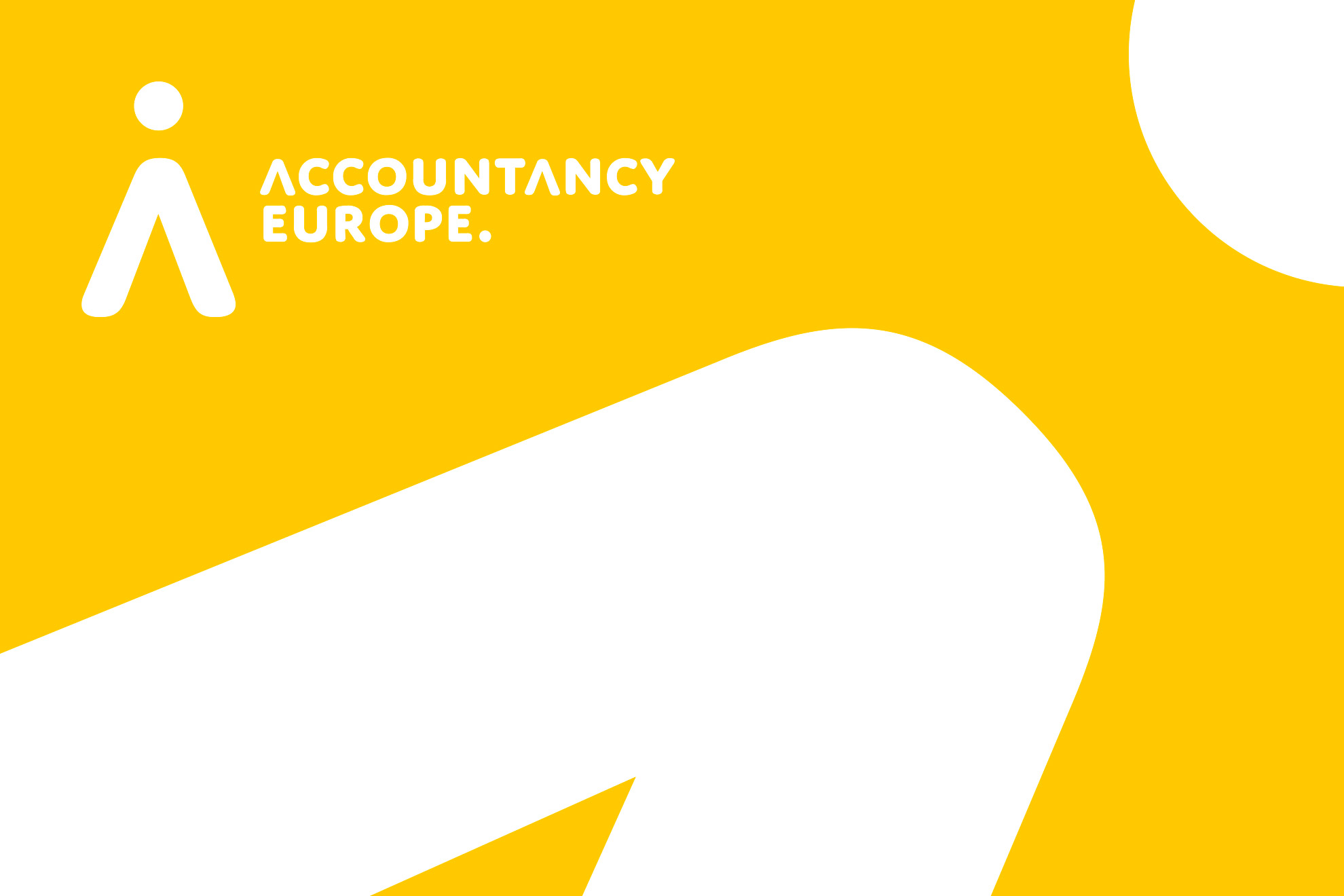This publication explores new concepts in tax based around enhanced transparency: tax control frameworks, tax assurance and co-operative compliance.
- A tax control framework (TCF) is a set of internal controls implemented by a business over its tax function. The TCF aims to minimise the financial and reputational risks from a tax return being filed late or with incorrect or disputed information.
- Tax assurance is simply external assurance on the design andor operation of the TCF – increasing confidence for all parties that it is fit for purpose
- Co-operative compliance is a legal structure implemented by national tax authorities to allow enhanced exchange of information between taxpayer and tax authority. For the tax authority, it allows the redeployment of resources to focus on non-compliant taxpayers and for the taxpayer it promises better legal certainty of their tax position with the possibility of a lighter – touch tax audit regime.
These developments offer significant advantages for taxpayers and tax authorities. Professional accountants can use their skills to help clients design systems that mitigate tax-related risks. Auditors can apply their skills to provide assurance on a client’s tax control framework. This publication also covers practical aspects professionals should keep in mind when providing such services.
